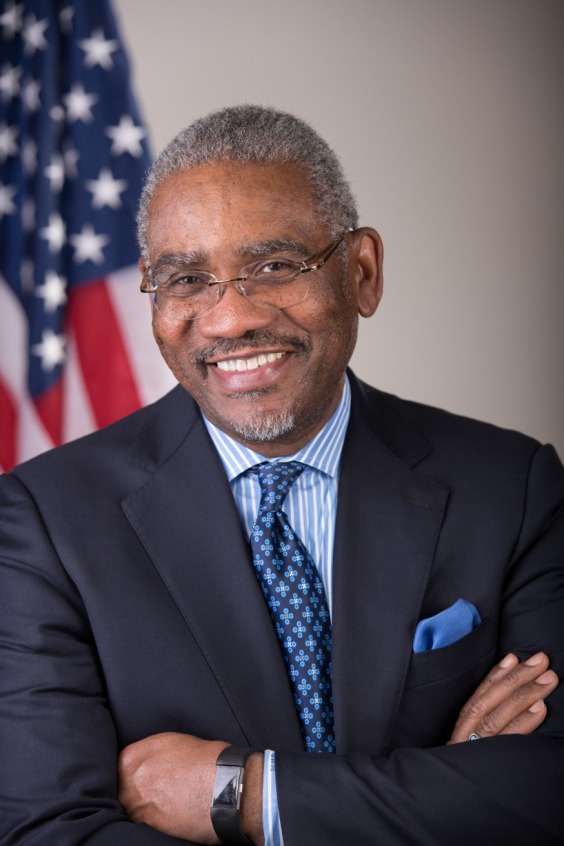By Rep.Gregory W Meeks (D-N.Y)
When President Biden recommitted to his promise to nominate a Black woman to the highest court in this country, I was excited by what this decision meant for my three daughters, my two granddaughters, and generations of Black women to come. While the phrase “representation matters” is often used, the import of the concept as a cornerstone of democracy is often underappreciated, if not downright maligned by some.
Consider Sen. Ted Cruz’s (R-Texas) comments last month calling out President Biden’s pledge as “offensive.” In his comments, the senator made a political decision to make front and center the grievances often shared by white men, a demographic that has been overrepresented on the bench throughout the course of this country’s history with 94 percent of justices having been white men. In fact, while only two Black men have ever served on the Court, not a single justice has lived the experience of a Black American woman.
For Cruz, it is acceptable for the Supreme Court — which makes decisions touching the lives of every American — to be out of touch with every American, or at least Black women. Sen. Cruz’s comments are disappointing but not surprising. Senate Republicans, unfortunately, continue to block President Biden’s historical Black nominees, including Lisa Cook and Philip Jefferson, who are very well qualified for the Federal Reserve.
Adding insult to injury, those who call out Biden’s pledge as inappropriate fail to acknowledge the precedent established by Ronald Reagan. Indeed, one of the GOP’s favorite former presidents rightfully kept a campaign pledge to appoint a woman to the Supreme Court when he tapped Justice Sandra Day O’Connor. Justice O’Connor’s imprint on the Court lasts to this day and she remains a beacon of hope for women, Democrats and Republicans alike. I would hope she also had an impact on the development of Sen. Cruz, who often writes about his law clerkship during the Rehnquist Court that Justice O’Connor served on.
While Biden has not announced his Supreme Court nominee yet, potential candidates Michelle Childs, Leslie Abrams Gardner, Ketanji Brown Jackson, Leondra Kruger, are all qualified and distinguished judges, and we should support his final decision to appoint a Black woman because it is the right thing to do for democracy’s sake. Without diverse representation in our institutions, democracy dies.
As I look forward to seeing the nomination of the first Black woman to sit on the Supreme Court of the United States during Black History Month, I reflect on historical figures like Constance Baker Motley. Motley became the first Black woman federal judge, the first woman to be elected to the New York state Senate, worked under Thurgood Marshall, and occasionally represented Martin Luther King, Jr. Judge Motley was an astounding civil rights advocate and a woman of many ‘firsts’ but today I reflect on her accomplishment as the first Black woman to argue a case before the Supreme Court.
Women like Judge Motley paved the way for the representation of Black women in the courts. I fundamentally believe that within the veins of Biden’s pick will run the legacy of these women who pushed our nation toward being a more perfect union. President Biden’s nominee will inspire generations of Black women to come to challenge our democratic institutions for the better and bring new ideas that are much needed in our legal system.
And I believe this because I know personally how much representation made a difference in my life. Growing up a product of public housing in Harlem, I remember the powerful impact Thurgood Marshall’s legal ascent had on my self-image and professional aspirations. Justice Marshall’s career inspired me to attend Howard Law School, to practice law as a prosecutor, but most importantly, he inspired me to devote my life’s work towards making this nation more consistent with its ideals. I would not be the congressman I am today if representation didn’t matter, or only mattered with restrictive caveats. Black girls across America should be afforded the same opportunity to see themselves as protectors and perfecters of all our democratic institutions, especially the Supreme Court.
Gregory W. Meeks represents New York’s 5th District.












